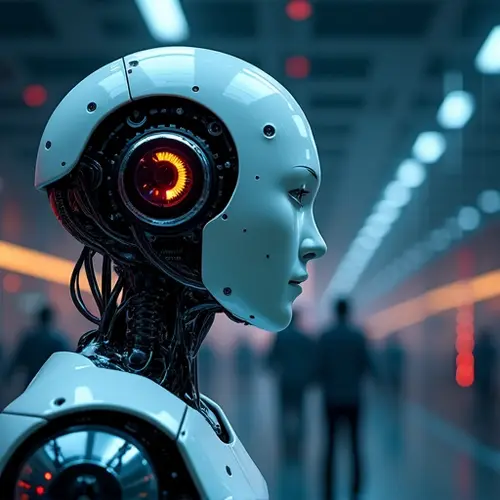Generative artificial intelligence (Generative AI) has rapidly evolved from a niche technology to a ubiquitous tool, transforming how we approach everyday tasks. Tools like ChatGPT, Sora, and other AI-driven platforms are now deeply integrated into daily life, offering solutions for productivity, creative writing, and even entertainment.
Generative AI leverages advanced models such as large language models (LLMs) and transformer-based neural networks to produce text, images, and videos based on user inputs. These tools, developed by companies like OpenAI, Google, and Meta, have become indispensable for professionals and hobbyists alike.
For instance, ChatGPT assists with drafting emails, generating code, and even tutoring students, while Sora enables the creation of high-quality videos from simple text prompts. The applications extend to industries like healthcare, finance, and marketing, where AI streamlines workflows and enhances creativity.
However, the rise of generative AI also raises ethical and societal concerns. Issues such as job displacement, intellectual property violations, and the potential for misuse (e.g., deepfakes and cybercrime) are hotly debated. Experts emphasize the need for robust regulations to ensure responsible AI deployment.
Despite these challenges, the benefits of generative AI are undeniable. As these tools continue to improve, their role in shaping the future of work and daily life will only grow more significant.

 Nederlands
Nederlands
 English
English
 Deutsch
Deutsch
 Français
Français
 Español
Español
 Português
Português










